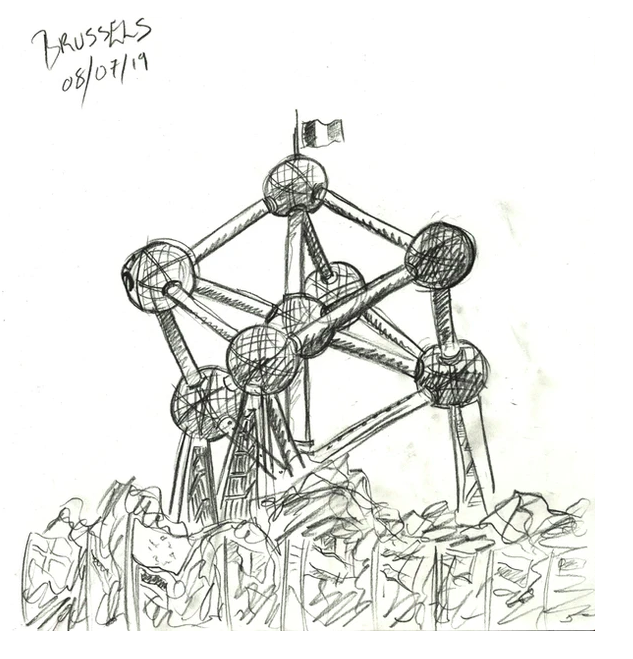For its European Parliament election this year, Belgium has chosen to extend the franchise to young people over 16. Alas, the innovation has created an imbroglio (perhaps it is time to replace the country's motto "Strength from union" with "Why make things simple when you can make them complicated?"). The law allows 16-17 year-olds to vote in the election but does not make it compulsory: prospective young voters will need to register.
This anomaly was spotted by Belgium's constitutional court. In March it ruled that the government may not distinguish underage voters from adult ones, for whom voting is compulsory in Belgium. The de-facto situation is now one of "compulsory optional" voting. The 16-17 year-olds (3% of the electorate) are asked to vote, but the (Flemish liberal) justice minister Paul Van Tigchelt has indicated that skivers will not be prosecuted or fined – unlike their elders.
Bizarre as it is, the case has not caused much of a stir. Even as Belgium holds the presidency of the EU Council, the European parliament election is stirring no great passions. Partly that is because, as in 2014 and 2019, the voting will happen in tandem with national and regional elections. The former will renew Belgium's federal parliament; the latter will serve to elect the members of the Flemish, Walloon and Brussels regional parliaments, as well as that of the small German-speaking community in the east of the country and, indirectly, the senate and the French-speaking community’s parliament.
Far-right landslide expected in Flanders
The issues at stake in the federal and regional elections are easier to grasp than those in the EU elections, and are clearly considered more important. In fact, some are expecting a political tsunami on 9 June. In Flanders (Belgium’s Dutch-speaking region), the far-right separatist Vlaams Belang party is credited with over 25% of the vote in polls. If it achieves a breakthrough at federal level as well as in Flanders and in Brussels, Belgium could become ungovernable.
At the very least it would be extremely complicated to form a national government, especially if the mainstream nationalist N-VA are dethroned from first place in Flanders and join forces with the Belang to form a regional government, which would make them "tainted" for the French-speaking parties at federal level (in Belgium, the levels of power are not watertight).
To complicate matters, on the French-speaking side, the radical-left Parti du Travail de Belgique (PTB) is expected to come close to 15%. The equation could prove impossible to solve, both arithmetically and politically.












